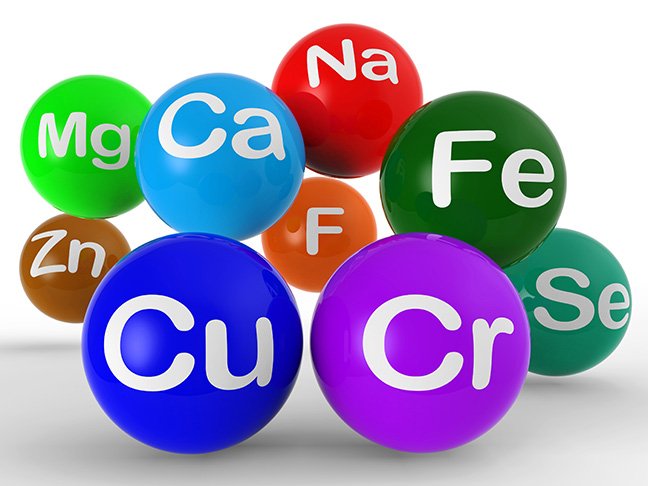Two outstanding students receive Overend Award in Physical Chemistry

Prachi Sharma and Shuyi Xie
Prachi Sharma and Shuyi Xie have received the 2019-20 Overend Award in Physical Chemistry. This award honors outstanding physical chemistry graduate student researchers. Prachi, a fifth-year graduate student working with Professor Laura Gagliardi, is the award winner in the theory/computation area. Shuyi, a fifth-year graduate student working with Regents Professor Timothy Lodge, is the award winner in the experimental physical chemistry area. The Overend Award is named after Professor John Overend who was a physical chemist in the department from 1960 to 1984. The award was created in 1991 through the efforts of Professor Paul Barbara.
Prachi Sharma
Prachi's research interests focus on developing novel quantum mechanical methods that can accurately describe electron-electron interactions. She is using these methods to predict chemical properties of actinide-transition metal complexes, which are important for catalysis, study of electronic spectra, and excited state properties of various organic and inorganic molecules.
Her major research focuses on multiconfiguration pair-density functional theory (MC-PDFT), a new electronic structure theory collaboratively developed in Professor Gagliardi and Professor Donald Truhlar's research groups. The goal of her project is to make the theory as general as possible so that it becomes user friendly. She has advanced the understanding of the theory at a fundamental level and written some computer code that is part quantum chemistry packages. Recently, Prachi has extended the method by combining density matrix renormalization group with multiconfiguration pair-density functional theory, making the method applicable to larger molecular systems relevant to chemical applications in catalysis and energy related fields. Before she graduates, Prachi is working on one last challenging project involving the extension of MC-PDFT to a relativistic framework.
Prachi is also interested in chemical applications and catalysis. She is studying molecules such as benzene and permanganate that are a challenge for novel electronic structure theories. She is also collaborating with Professor Connie Lu's group studying systems containing bimetallic species that can be used as catalysts for small molecule activation. She has detected a strong bond in the actinide and lanthanide bimetallic containing a uranium and an iron atom between these two metals.
Prachi is an excellent team member with the ability to work on several projects that involve both the collaboration with experimentalists and, at the same time, the development of hard-core theories. She has also mentored younger graduate students and undergraduates.
She earned her five-year integrated Master of Science, majoring in chemistry, from the National Institute of Science Education and Research (NISER), Bhubaneswar, India. After earning her doctorate, she plans to pursue a post-doctoral position.
Shuyi Xie
Shuyi's research interests encompass the thermodynamics of mixing and phase behavior of salt-doped ternary polymer blends. The special focus of his dissertation involves constructing phase diagrams of salt-doped polymer blends. A particular target is a co-continuous structure with optimal mechanical and electrical properties, which is important for numerous technologies such as lithium ion batteries, fuel cell membranes, and electromechanical actuators.
He is researching binary and ternary polymer blends with added salt. He developed a scheme using nuclear magnetic resonance spectroscopy to create the first-ever map of the phase diagram for an A + B + salt system. His current focus is in finding the scope of the bicontinuous microemulsion (BμE) phase in PS+PEO+PS-PEO blends with added LiTFSI. He has discovered a wide window of the BμE along the volumetrically symmetric isopleth (equal amounts of PS and of PEO+salt), which is somewhat surprising, given that (a) the BμE requires zero mean curvature interfaces, favoring symmetry, whereas (b) both the binary blend and diblock limits are highly asymmetric with added salt.
Shuyi is a leader in Professor Lodge's research group, sharing his strong oral and written presentation skills and his ability to conduct careful measurements and detailed analysis of the results.
Shuyi earned his bachelor's degree in chemistry from Wuhan University in China. After earning his doctorate, he will take up a post-doctoral research position at the University of California, Santa Barbara.